The love of all things heirloom
When in Northern California I love to go to a unique shop in the town of Petaluma called The Petaluma Seed Bank. It’s the first branch store for Missouri’s Baker Creek, a catalog and retail seed company founded in 1998 by then-17-year-old Jeremiah Gettle, who runs the down-home business.
The Baker Creek Heirloom Seed Catalogue includes more than 200 pages and each year is mailed to more than 300,000 gardeners throughout the U.S. It is also available for downloading from the company’s website rareseeds.com.
Above: the 2016 Baker Creek Rare Seeds Catalog. To get a gorgeous paper one for free go here.
Or download the PDF here.
The catalogue reads like a who’s who of heirloom seeds. Detailed descriptions, histories and photos provide plenty of promise for winter-bound gardeners yearning for spring. Many of the heirloom varieties have been passed down by families who have grown the particular vegetable or flower for generations. Stories about these human hosts often appear alongside horticultural descriptions of the seed varieties. According Gettle, many families consider Baker Creek a living museum that will keep their personal horticultural legacy alive.
Gettle says: “A lot of times, people will send us something and say ‘I’m the only one left in my family growing this and I’m 92. Will you try and keep this alive?’ We also travel some and there are always other people picking up stuff for us.”
The shop is located in the Sonoma County Bank building, constructed in the 1920s the Baker Creek Heirloom Seed Company’s west coast location.” In the beautiful space you can find over 1,500 varieties of heirloom seeds, garlic, tools, books, and plants and bulbs. Everything they offer is pure, natural, and non-GMO.
The term “heirloom” generally refers to seed varieties that have not been hybridized or genetically modified and, in the end, deliver vegetables with better taste and nutrition than non-heirloom varieties. Moreover, heirloom varieties are open-pollinated, usually more than 50 years old and typically have been passed down through generations of growing and seed saving. A seed saved from an heirloom varietal and replanted will yield the identical plant and produce from year to year.
Gettle said that commercially mass-produced seeds are usually hybrids or genetically modified, processes intended to combine or manipulate characteristics from various pure varieties. Seeds produced from these plants, if saved and replanted, will produce a different plant that resembles one or the other parent. This not only ensures repeat business for hybrid or GMO seeds each year but, Gettle said, also results in produce with compromised flavor and nutrition.
In the shop, row after row of tomato seeds line the walls. Tomato varieties number almost 200, in shades of orange, green, purple, yellow, white, pink, stripes and, of course, red. The 82 squash varieties range from common ones like golden zucchini to rarer selections like Striata d’Italia.
Below : a wall of tomato seeds.
From the SF Gate an excellent interview: Saving seeds keeps genetic diversity alive, he says – fruits and vegetables of all different colors, types, flavors, sizes, and the ability to grow in various climates and conditions. “It’s important for nutrition and for possible disease resistance in the future,” says Gettle. It also preserves centuries of selective breeding and bits of history.
Commercial varieties tend to be bred for easy shipping, mass production and profit, not flavor or uniqueness, he says, elaborating:
“Basically, the commercial companies out there are interested in keeping their varieties controlled by them. In order to make sure they have control, they patent, genetically alter and hybridize – so gardeners won’t be able to save their own seed.”
Hybridizing, he says, probably explains why Antonio’s tomatoes looked nothing like the supermarket tomatoes she started with.
Whether done by cross-pollinating or by genetic engineering, hybridizing means crossing two varieties to get one whose seeds produce a new one. A tomato with great flavor might be crossed with one that’s disease-resistant, for example.
The hybrid gets a new name and a patent; the parentage is kept secret. Seeds from the first generation, though, won’t reproduce true copies – they’re unstable and revert. So the gardener must buy seed each year.
“We keep the originals alive so people can grow their own,” Gettle says.
New open-pollinated varieties are created over time by selective breeding. If a variety known for its large tomatoes is desired, the seeds from big specimens of one kind of tomato are saved and planted, and the biggest ones from the new crop are saved again. Over time, bigness becomes part of the plant’s genetic code, and seeds saved from year to year will reliably produce mondo tomatoes. The new variety may get its own name or even a 20-year patent – but it doesn’t depend on technology to reproduce.
“In the last two years, we’ve doubled our sales,” he says, citing a surge of interest in home gardens, the economy and the growing number of “people who are concerned about what’s in their food and tired of supermarket produce and chemicals.”
Below : The Petaluma Seed Bank.
I love browsing their beautiful Rare Seeds Catalog, for example today they are posting a special on carrots……with names like Atomic Red, Amarillo, Pusa Asita, Cosmic Purple, it makes you want to rush out and start planting them all over the place.
Check out their vegetables here, and their flowers here
Images: Rareseeds.com
On my last visit to the Petaluma shop with my friend Telmo, I bought a bunch of bulbs : agapanthus , dahlias and gladioli, as well as some nasturtium seeds, all of which are now planted and getting ready to bloom.
Watch this space!

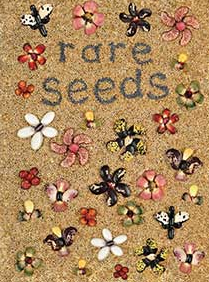
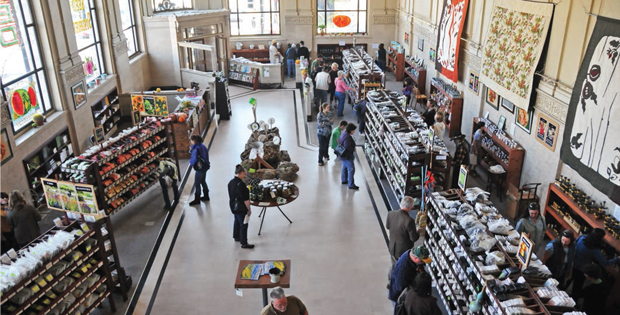
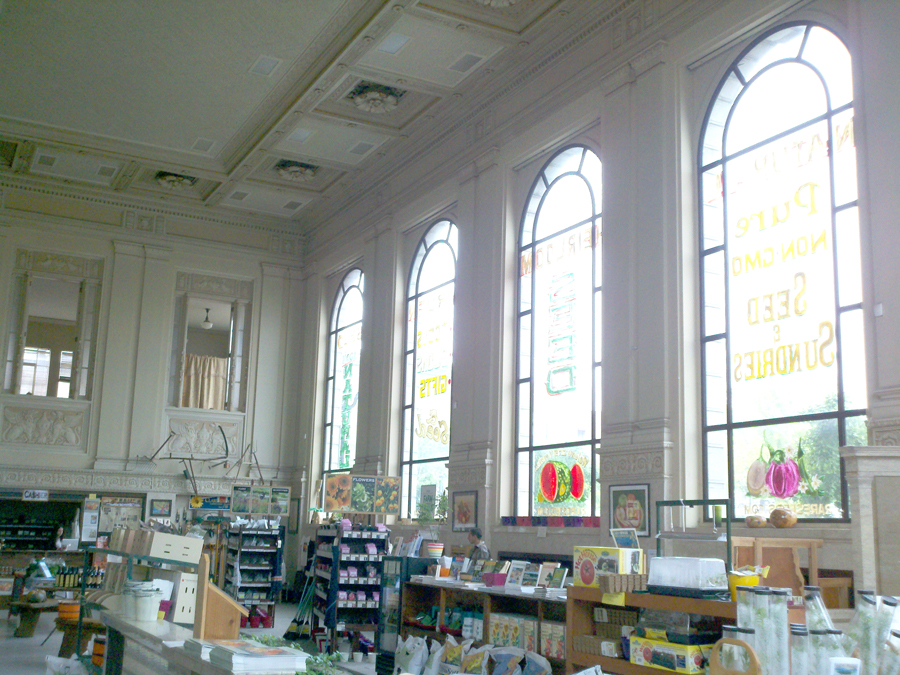
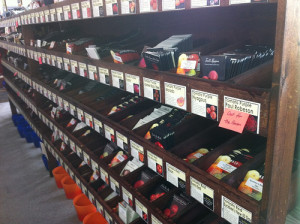
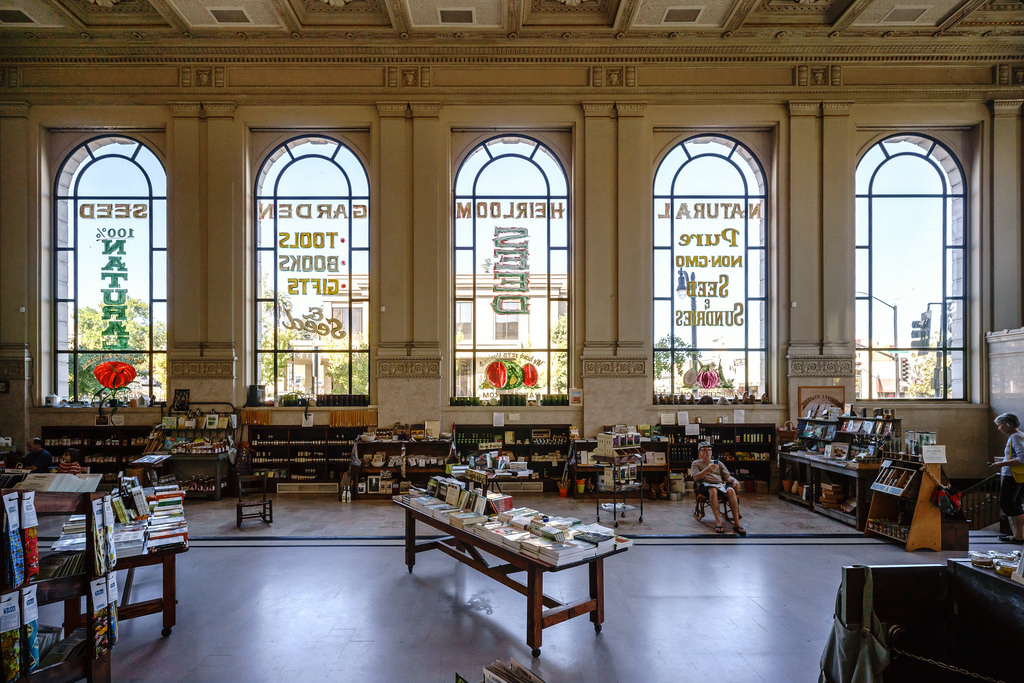
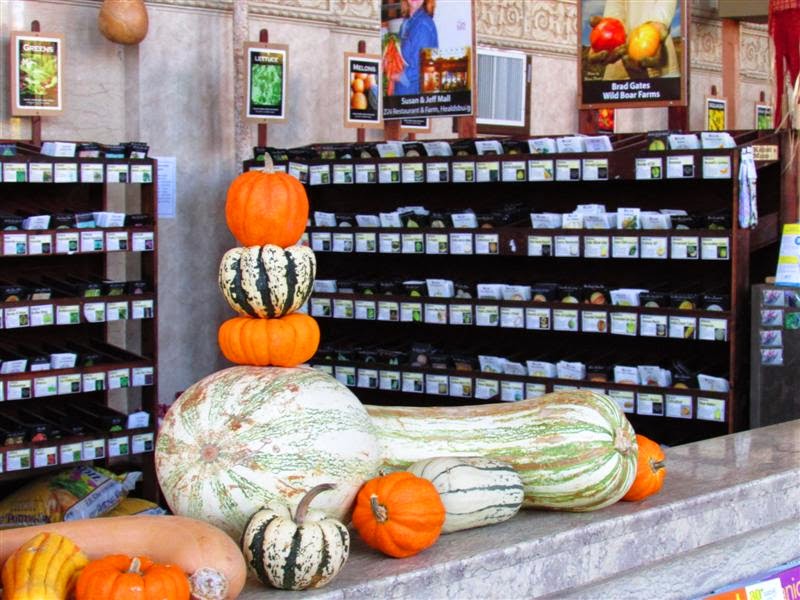
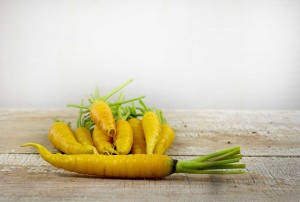
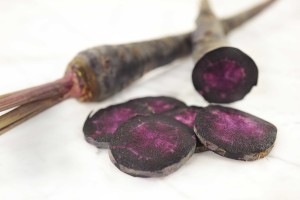
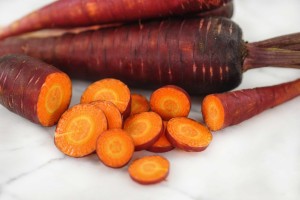



Amazing !
Thaks a lot for shearing these incredible source of beauty and tasty plants.
Xss
Thank you !
yes…..also very interesting to learn about heirloom seeds versus hybridizing and manipulated varieties and why it is vital for the future of food and the planet to preserve the traditional non GMO ones.